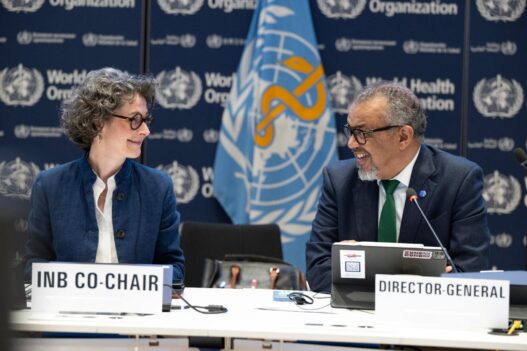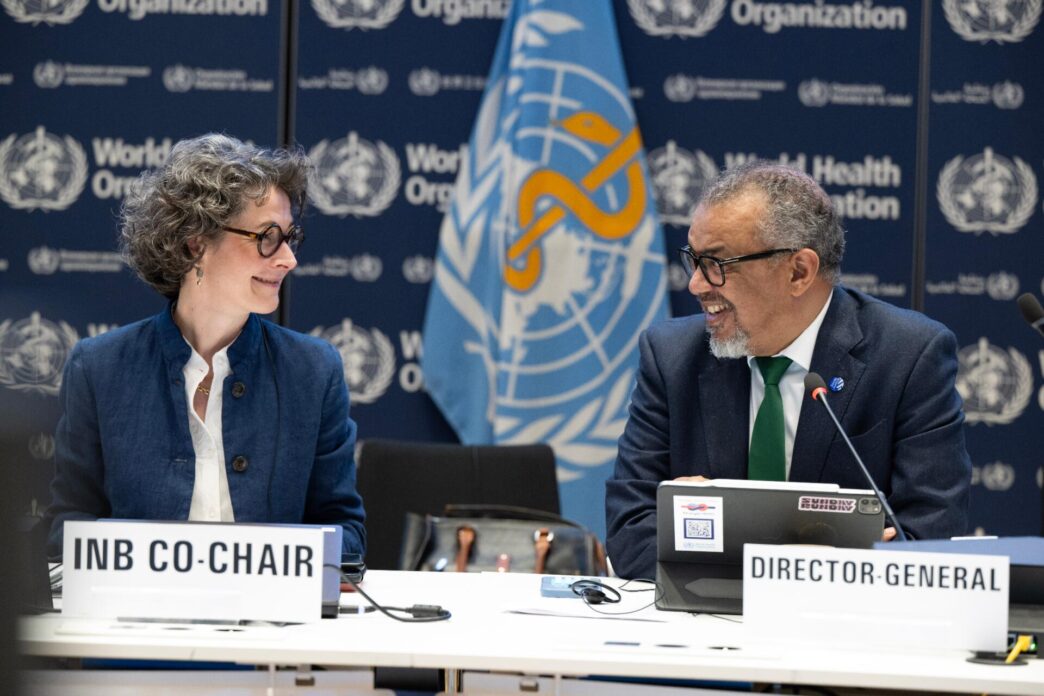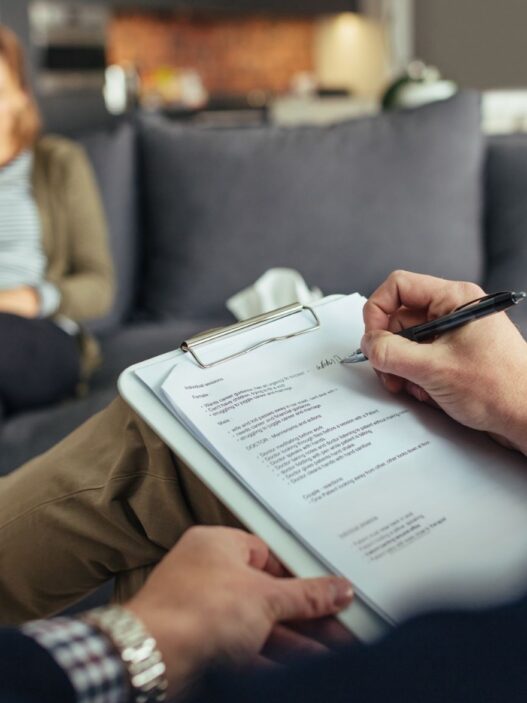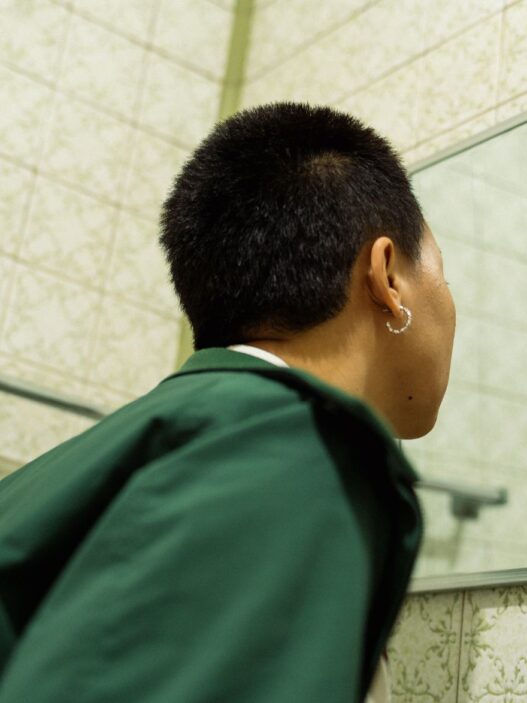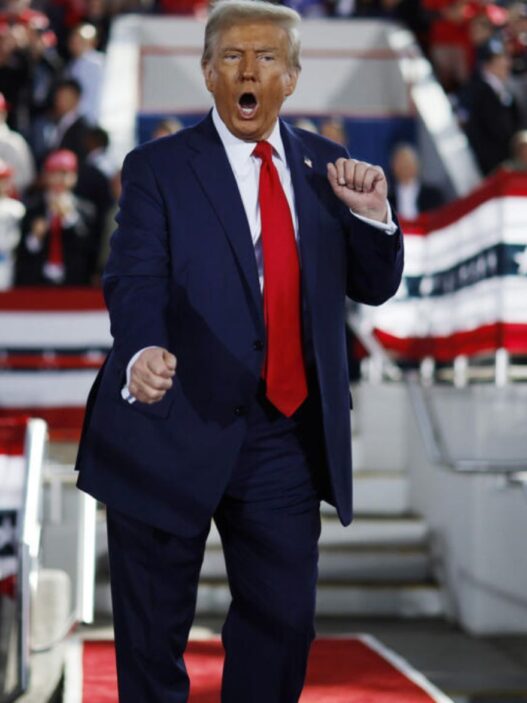In a historic move, the World Health Organization (WHO) announced this week that its member states have adopted a global pandemic agreement aimed at improving preparedness and equitable response in the face of future global health threats.
The landmark decision, finalized on May 20, 2025, follows years of negotiations catalyzed by the shortcomings exposed during the COVID-19 pandemic.
The agreement, backed by 194 WHO member states, outlines key commitments to strengthen international collaboration, increase transparency in health data sharing, and ensure equitable access to diagnostics, treatments, and vaccines.
The document marks a turning point in the global approach to pandemic response, emphasizing solidarity over competition.
“This agreement is about learning from the painful lessons of the past to build a safer future for all,” said WHO Director-General Dr. Tedros Adhanom Ghebreyesus in a statement.
“It establishes clear expectations for countries to work together in the face of common threats.”
Key Provisions of the Agreement
The pandemic accord includes several core components:
- A commitment to share pathogen data rapidly and transparently during emerging outbreaks
- Increased investment in local and regional manufacturing for diagnostics and vaccines
- Equitable distribution of medical resources, particularly to low- and middle-income countries
- Strengthened global supply chains and coordinated stockpiling of essential medical supplies
- Enhanced research and development cooperation, including the creation of a global health R&D network
Addressing Global Health Equity
The agreement also addresses historical inequities that became stark during the COVID-19 response.
Despite early calls for equitable vaccine access, wealthier nations secured the majority of early vaccine supplies, leaving lower-income nations behind.
“The new framework is designed to prevent a repeat of the vaccine apartheid we saw during COVID-19,” said Dr. Nandita Rawat, a public health policy advisor. “This time, we’re focusing on legally binding commitments—not just moral appeals.”
Not Without Criticism
While broadly celebrated by global health advocates, the agreement has not been without controversy.
Some member states expressed concerns about national sovereignty and the enforceability of the commitments.
Negotiators have stressed that the agreement is built on mutual accountability and peer review rather than external enforcement.
“This isn’t about giving up control,” said one senior WHO diplomat involved in the negotiations. “It’s about exercising shared responsibility.”
Next Steps
With the agreement formally adopted, WHO will now support member states in translating its provisions into national policies and legislation. Implementation will be monitored through a newly established Global Pandemic Accord Secretariat.
As the world reflects on the unprecedented challenges of recent years, the adoption of this global pact signals a hopeful shift toward stronger, more coordinated, and more equitable pandemic response systems.
For healthcare professionals, policymakers, and advocates alike, this agreement represents both a milestone and a mandate to do better.
“The next pandemic is not a question of if, but when,” said Dr. Tedros. “This agreement ensures we’ll be ready, together.”











